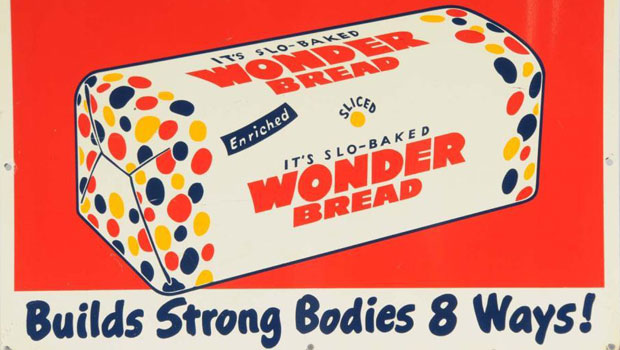
Best Reader Tips of 2021
This year reader tips led to dozens of ad alerts, as well as a complaint to regulators.
Sliced bread is 85 and its history includes many health claims.
This month marks the 85th anniversary of sliced bread. Let’s celebrate with a trip down memory lane to the great bread scandal of 2002, when Wonder Bread made allegedly unsubstantiated claims about the health benefits of its bread.
Sliced bread is a great idea, but it might not have taken off if it weren’t for Wonder Bread. Initially, bakers were hesitant to adopt the new technology. They were suspicious that the trend might not last, and balked at the initial investment price of the bread-slicing machine. The device was perfected in 1928, but sliced bread didn’t become popular until 1930, when Wonder Bread began commercially producing pre-sliced and packaged bread.
Wonder Bread contains added vitamins and minerals, and has always touted its health benefits (see this great commercial from the 1950s, for example). But some of the claims would eventually raise suspicion in government officials. When the company ran a commercial starring a character named “Professor Wonder” who claimed that the added calcium in Wonder Bread improved children’s brain function and memory, federal regulators stepped in. In a 2002 settlement with the company, the FTC prohibited Wonder Bread from claiming any bread product or any of its ingredients helps brain function, memory, or can treat, cure or prevent any disease unless the company had reliable scientific evidence to back up the claims.
So as you’re celebrating the convenience-optimized carbohydrate glory that is sliced bread, don’t forget the road hasn’t always been straight. Sliced bread is good for your mind, but only in a fastest-possible-delivery-of-starch-and-therefore-happiness way, not in a physiologically beneficial way.
This year reader tips led to dozens of ad alerts, as well as a complaint to regulators.
It’s the perfect formula for a class-action lawsuit trend.
These marketing claims are feeling the heat.


